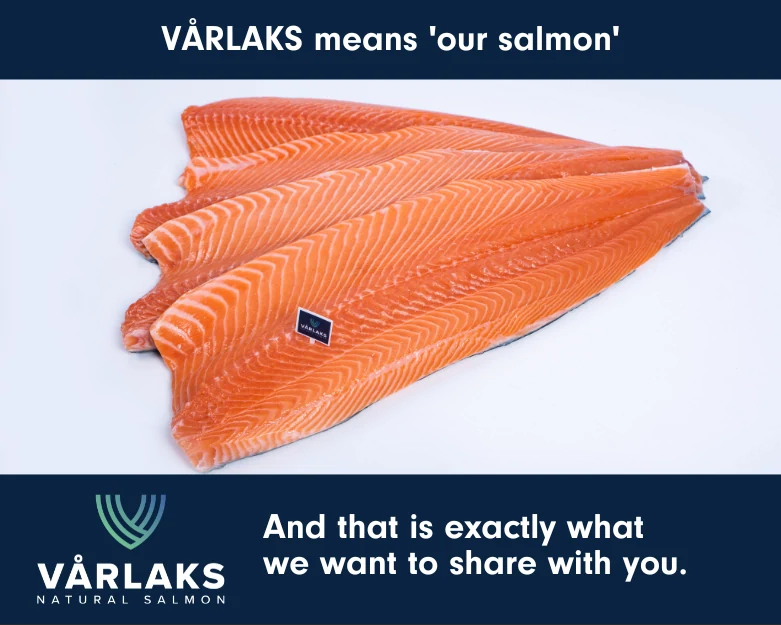National Geographic’s global program Pristine Seas has released a documentary calling for Chile’s Kawésqar National Reserve to be classified as a national park, essentially halting salmon farming in the region.
The Kawésqar National Reserve, which covers 2.8 million hectares, being the second-largest park in Chile, has coastal areas that carry less protection, being categorised as a national reserve. That area is currently home to 67 salmon farm concessions, with an extra 80 concession requests pending, according to the documentary.
The program was released in southern Chile’s Magallanes region, an area where the salmon farming industry has been growing. Pristine Seas has the expressed mission of helping to create marine reserves and ensuring their effective management through exploration, research, communications and community engagement.
National Geographic Pristine Seas director for Latin America Alex Muñoz described the reserve as a “place with extraordinary and unique ecosystems” that is being impacted by salmon farming activities.
Chile’s President Gabriel Boric was elected in December 2021. Since taking office in March, he has questioned the sustainability of the country’s $5.2 billion (€4.8 billion) salmon industry. He has floated the idea of a moratorium on salmon farming, preventing further expansion, stating that there can be “no salmon farming industry in marine protected areas.”
With sea lice and algae posing a challenge in other regions, salmon farmers have turned to the cold water environment in Magallanes. However, Pristine Seas fears escaped salmon, high use of antibiotics, feed waste and degradation to the environment around farms will have a serious impact on the region.
The film follows the release of a report by Chile’s National Fisheries and Aquaculture Service (Sernapesca), which highlighted how salmon farmers in the country increased the use of antimicrobials to levels not seen since 2017.
“Due to the serious threat posed by the advance of salmon farming in our territory, it is necessary for the Kawésqar reserve to be reclassified as a national park. It is the only way to effectively protect both nature and the living culture that is contained in this territory,” Kawésqar Communities for the Defense of the Sea representative Leticia Caro said.
SalmonChile, which brings together the companies producing and supplying Atlantic and Pacific salmon and trout in the region, has not commented on the documentary.









